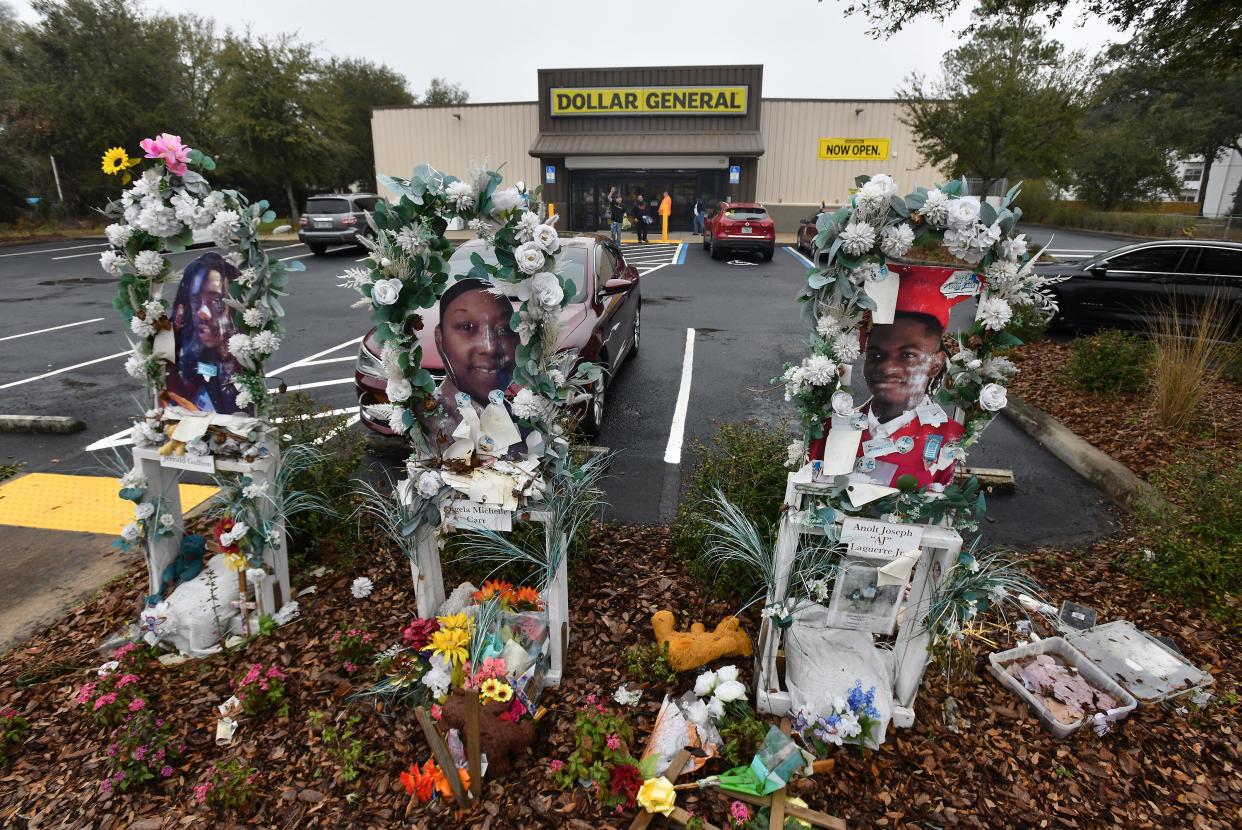Local pastors: Violence in Jacksonville has emotional, physical and financial costs

Over the past few years, we have begun to better understand the cost of Jacksonville’s violence problem. When a person is murdered in our community, they leave behind grieving family members and loved ones. Beyond the victims and their families, entire communities can be impacted by the trauma caused by violence.
An increase of violence in one community can cause higher rates of mental health disorders, like PTSD, among residents. One of the most horrible consequences of violence is the devastating impact on children and youth.
A 2014 study published in the Quarterly Journal of Economics found that children growing up in poor, high-violence neighborhoods were less likely to escape poverty than children in equally poor but less dangerous neighborhoods. Children and teenagers who experience the trauma caused by violence are also at greater risk for poor health, mental illness and substance abuse into adulthood.
If we do not find a way to reduce the number of murders, we are failing our future generations.
Many people don’t know that murders are also a financial drain on the community. Experts estimate the average cost of a single murder to be $10 million to $19 million. Every murder costs our city declining home and property values, lower tax revenues, medical and justice system costs.
According to Thomas Abt, author of “Bleeding Out: The Devastating Consequences of Urban Violence and a Bold New Plan for Peace in the Street,” an average of two businesses closes every time someone is killed.
Right now, gun violence is driving out residents, customers and businesses from Jacksonville. If we were to apply the estimated cost of a single murder to last year’s data, Jacksonville spent at least $100 million in costs related to violence in 2023.
Letters: Reality of school choice hits home with Duval public school closures
The high number of murders and shootings is impacting all of us, whether we realize it or not. On Feb. 26 a group of 100 Jacksonville residents gathered to share their stories and testimonies about violence. We heard from pastors who have lost members of their congregations to violence and must comfort grieving families.
A paramedic saw countless deaths and remembered holding a victim's hand in their final moments. An elementary school principal worries about students falling behind in school after losing a sibling to violence. The head of security for a local company experienced the financial impact of violence, and a mother who remembered the pain of losing her son.
That night, a common message became clear — the shootings must stop. Our city needs a real solution to reduce such violence.
We urge you to join forces with the Interfaith Coalition for Action, Reconciliation and Empowerment by attending our Nehemiah Assembly on April 15, starting at 6:45 p.m. at Abyssinia Missionary Baptist Church. We look forward to pressing for a solution to stop the violence at this meeting.
The Rev. Victor Cole, Historic Mount Zion AME Church; the Rev. Adam Gray, Riverside Church at Park and King; Monica Crisp, Christ the King Catholic Church; Faye Diamond, Greater Grant Memorial AME Church; and Lloydette Noisette, Abyssinia Missionary Baptist Church
This guest column is the opinion of the author and does not necessarily represent the views of the Times-Union. We welcome a diversity of opinions.
This article originally appeared on Florida Times-Union: Community must unite to find real solutions to Jacksonville violence

